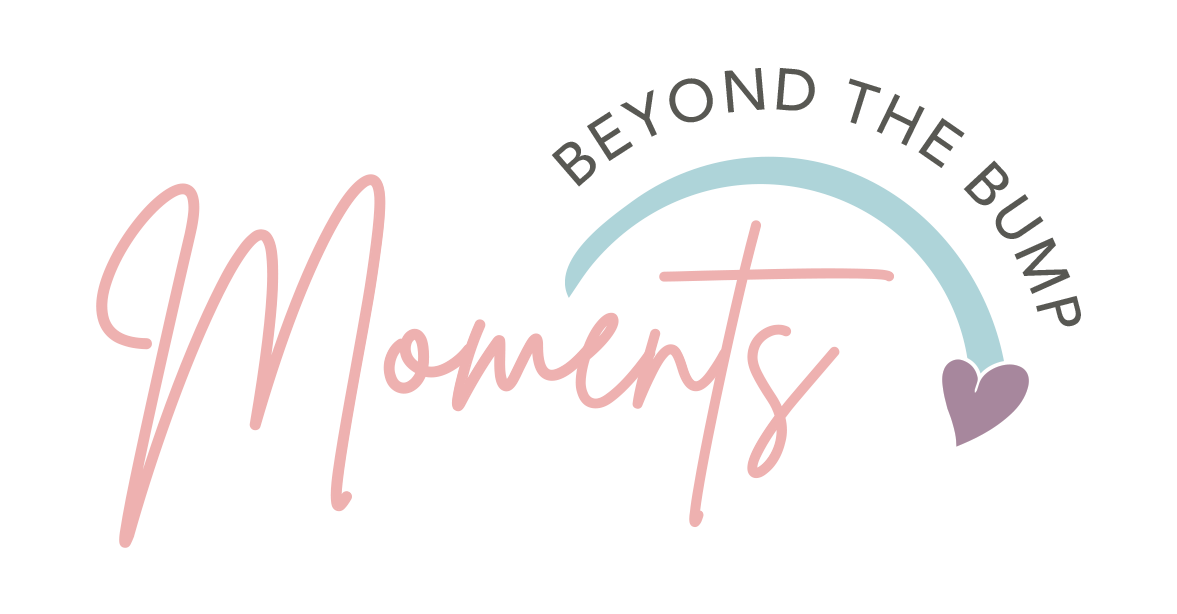Can I bed share and sleep train?
Generally, the answer is - No. You can’t.
Sorry to be so concise, but that’s the straightforward answer. We can get into details as we move along, but for those of you who just wanted a “yes-or-no,” I thought I’d give it to you without a bunch of preamble.
So why do I think that sleep training and bed sharing are mutually exclusive? When I meet a new client who’s been bed sharing, they fall into one of two groups.
Parents looking to get their kids out of their bed
Parents who want to keep their kids in their bed, but want them to sleep better
For those parents who are looking to move their little one out of their bed, I’ve got a variety of approaches which I personalize based on baby’s personality, temperament, and established sleep habits.
For those in group two, I’ve only got one approach. I’m happy to help, so call me when you’re ready to move your little one to their own bed.
It’s not because I’m a tyrant. In fact, the reason I don’t like to work with families who bed share is because I think it’s too confusing to the child.
In a bed sharing situation, baby usually has access to a breast whenever they want it, and that’s almost always their sleep prop. They wake up in the night, after completing a sleep cycle, and they instinctively go for the breast. Not necessarily because they’re hungry, but because that’s the way they know to get to sleep.
Grown ups do the same thing. (Well, obviously not the exact same thing. Otherwise your husband would be banished to the couch inside of a week.) But we have routines and strategies that we use to get to sleep when we wake in the night. They’re usually very brief and simple, like turning on our backs, taking a sip of water, flipping the pillow, or wrapping our blankets around us, but they’re sleep skills, just like nursing.
So if you’re going to break that association between nursing and falling asleep, which you have to do if you want your baby to sleep through the night without waking you up, then baby’s got to learn a new skill; one that doesn’t involve you. That’s not going to be easy when their favorite method of falling asleep is sitting right in front of their face.
If you’re determined to stay in close proximity to your baby when they’re sleeping, try using a sidecar or a crib in the room, but there’s just no good way to teach a baby not to nurse themselves to sleep if they’re sleeping right next to you.
One final thought on this topic before I sign off. I’ve seen a lot of people on Facebook and other social media channels, saying things like, “They’ll leave your room when they’re ready! Don’t rush them! This time is so short! Nobody sleeps in their parents’ bed when they’re 18!”
Again, if you’re happy with the arrangement you’ve got, I’m not here to change your approach. But I would like to point out that I’ve seen families with kids up to eight (!) years old who are still sleeping in their parents’ beds. Don’t assume that your little one will get finish brushing his teeth one night and say, “Actually, I think I’ll go sleep on my own tonight.”
Sleep habits die hard, especially with kids, so the day your child sleeps in their own bed, in their own room, is probably the day you tell them they have to.
The good news is that once your child has moved into their own bed and learned some independent sleep skills, they will typically sleep much better, more soundly, and for longer than they do in your bed. And so will you and your partner, which means the whole family will be rested and refreshed in the morning, which comes with a whole collection of mental and physical benefits.
